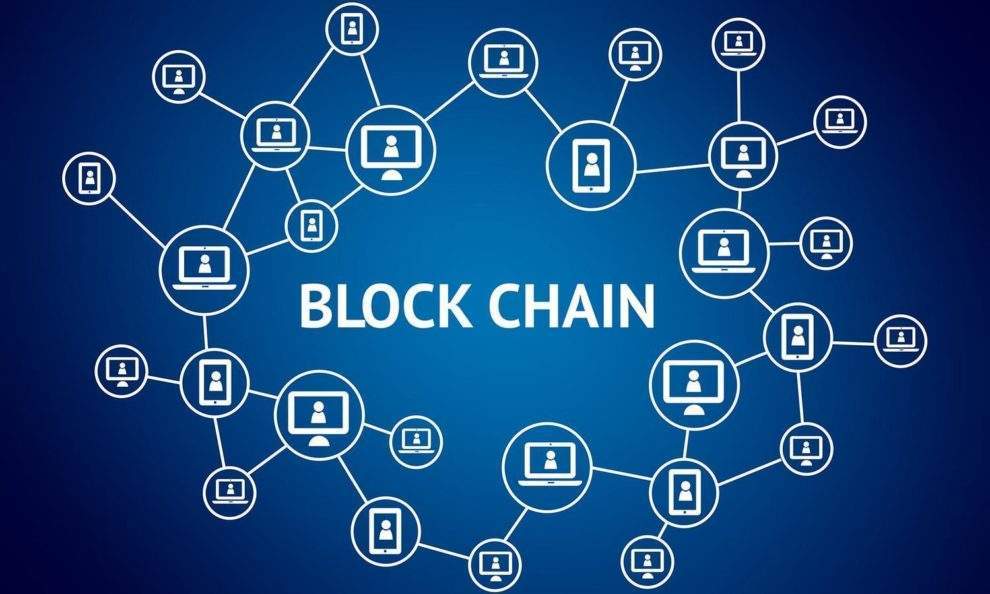on the crypto

Keep your economic commitments
In situations like these, continuing to stick to commitments has enormous economic value. In economic terms, commitment is the inability of an individual or organization to deviate from a particular course of action.
If governments were able to agree in advance on a series of conditions for economic aid to people to whom they would be able to keep their commitments every time a crisis occurs, families could be less worried.
Can commitments be made today for the future?
By taking on the commitment of emergency payments, the institutions could reduce the size of an impending recession and increase the speed of recovery. The economic power of the commitment is widely recognized by economists and extends beyond economic stimuli.
Recently, economist Claudia Sahm has advocated automatic stabilization, which would imply the implementation of automatic payments to individuals based on an algorithm generated by macroeconomic indicators.
But how can a government credibly commit itself to taking specific actions in the future? What prevents authorities from approving legislation that promises future aid payments, even if they can repeal or cancel them later? Until distributed ledger technology (DLT), this question had no plausible answer. Institutions around the world can now show their commitment through DLT.
Smart contract
If the financial authorities were to approve legislation specifying that relief payments will be made only when the economy presents certain macroeconomic models, these transfer conditions could be implemented through publicly verifiable smart contracts on the distributed ledger.
Once the required macroeconomic events occur, smart contracts are activated and payments are made automatically. Individuals are able to observe macroeconomic data and accurately predict when and how much money could be directed towards them during times of crisis.
Consent distributed
Smart contracts only have limited value if a single entity can modify or eliminate them unilaterally. This is why the second aspect of distributed ledgers is also important - via the consent mechanism.
An agreement between most nodes in a distributed ledger is required to update the ledger. Registry nodes in a use case of this magnitude must be institutions that are charged with maintaining the health of the economy. The nodes collectively ensure that no last minute changes are made unless most of them agree.
Implementing an important government program through DLT would require a series of progress, both technical and political. However, minimizing the economic and social impact of uncertain times, such as last month, is just one of the many benefits to be discovered that the introduction of digital currencies can offer.
